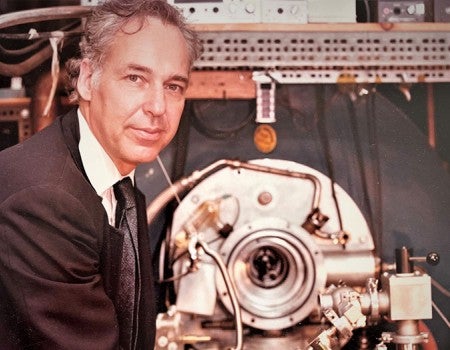
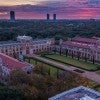
What can the relationships between the Prophet Muhammad and ancient Christians teach us about today's relations between the religions?

Frank Klaus Tittel, a physicist whose career paralleled the rise of modern laser technology and who helped build Rice’s reputation in laser spectrosc...
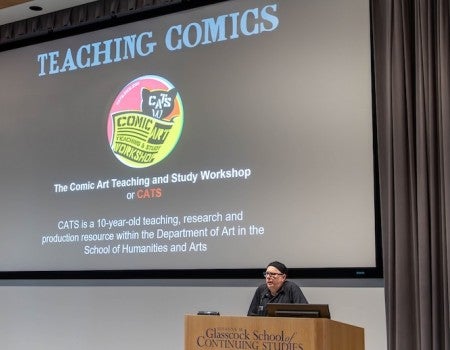
Art teachers, artists and comics enthusiasts gathered at Rice University Feb. 20 for Teaching Comics, a one-day symposium exploring how comics can fun...
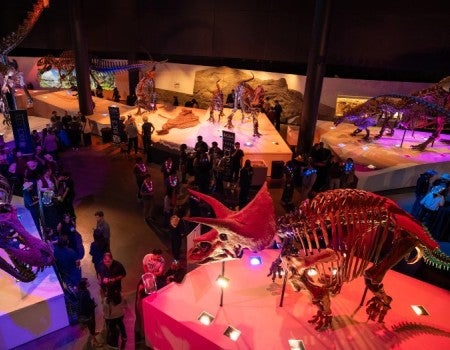
Nearly 700 prospective graduate students, current scholars, faculty and staff gathered at the Houston Museum of Natural Science for Rice University’s ...

Martono, a second-year master’s student in violin performance, won the title of Miss Chinatown Houston 2025, her first-ever pageant....
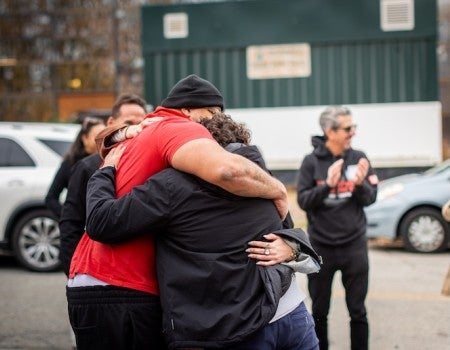
Undergraduates at Rice are digging into real, possible wrongful conviction cases this semester, examining evidence to bring renewed attention to indiv...
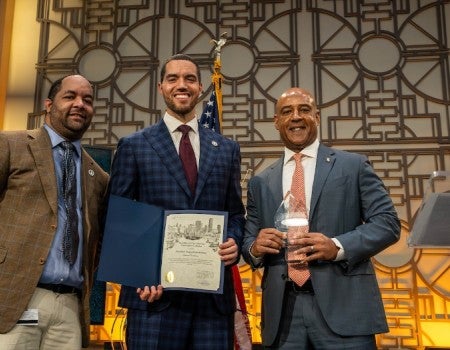
Rice President Reginald DesRoches was honored with a Community Trailblazer Award Feb. 19 by the city of Houston’s controller Chris Hollins during his ...
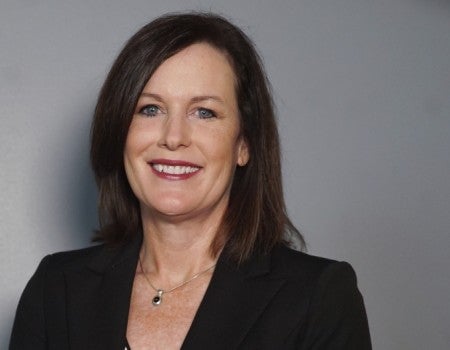
Rice commends Stacy Mosely for 14 years of service. As executive senior associate athletic director/senior woman administrator, Mosely maintains admin...
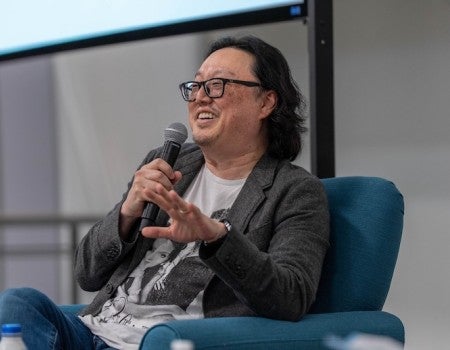
Students convened at Rice University Feb. 20 for what organizers called a rare chance to hear and learn directly from one of the most influential musi...
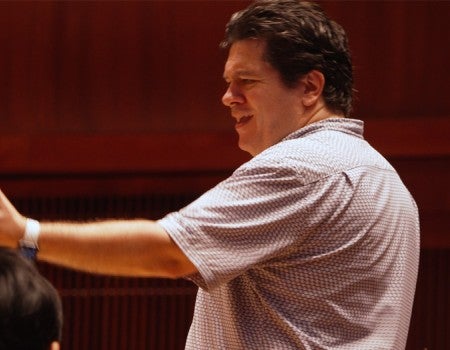
The role brings Cristian Măcelaru ’06 ’08 back to campus several times each year to coach, conduct and mentor students across departments....
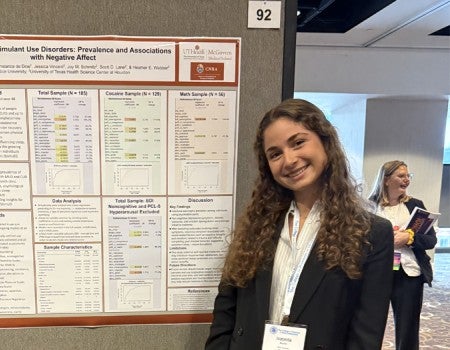
Isabella Bourtin balances GRE prep, lab work and upper-level courses as she pivots from pre-med ambitions toward a future in clinical psychology....
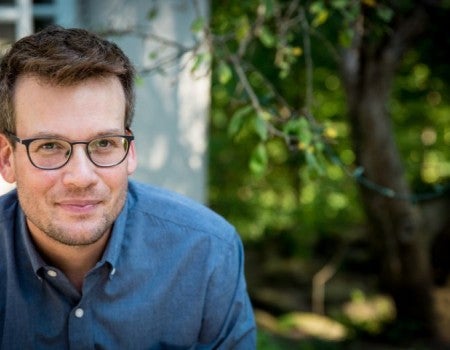
John Green, the No. 1 New York Times bestselling author, influential educator and global YouTube phenomenon, will serve as the speaker for Rice's 113t...

A Rice research lab’s signature keepsake helped perfect a method for growing patterned diamond surfaces that could help decrease operating temperature...

What can the relationships between the Prophet Muhammad and ancient Christians teach us about today's relations between the religions?

New website for managing retirement accounts coming soon
Effective Oct. 1, a new website will be available for enrolling in and changing contributions to Rice University Supplemental 403(b) Plan and Defined Contribution Retirement Plan accounts.
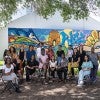
Incoming freshmen RISE to the occasion
New 10-day residential seminar acquaints humanities and social sciences students with Rice, Houston, race and urban life.

OpenStax to provide ed tech companies with training to develop equitable courseware
OpenStax, Rice’s educational technology initiative, announced today that 13 companies have been selected to participate in the organization’s new equity in courseware training program. The training will help the participating companies learn about and develop educational technology platforms that provide better outcomes for all students, especially those from historically marginalized and underserved communities.

Why middle-class residents want to stay put after floodwaters recede
Flood disasters like Hurricane Harvey lead some people to move far from the places they had called home.

'Cool' kids in the cosmos may not be so unique
Rice University scientists show that "cool" stars like the sun share dynamic surface behaviors that influence their energetic and magnetic environments. Stellar magnetic activity is key to whether a given star can host planets that support life.

Rice expert: Using carbon is key to decarbonizing economy
Rice University carbon materials expert Matteo Pasquali is available to discuss ways to slash carbon dioxide emissions and rapidly decarbonize the global economy.
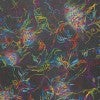
When many act as one, data-driven models can reveal key behaviors
Data science approaches can reveal subtle clues about the origins of such collective behaviors as aggregation of bacteria.
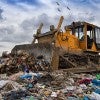
Sustainability alone cannot fix waste management woes, says expert
Both sustainability practices and a circular economy can help maximize the world’s resources, but the ideas are not interchangeable, according to a new brief from Rice's Baker Institute for Public Policy.